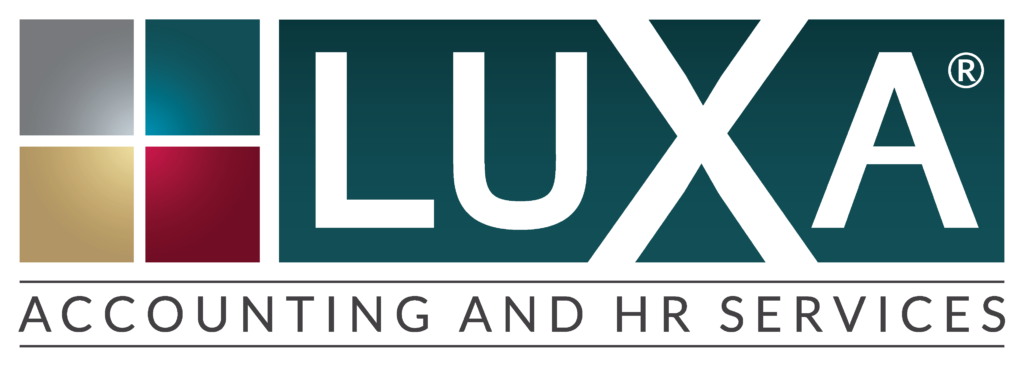
The problem with business finances
It is not often that leaders are willing to discuss openly their greatest fears: their business financials. However, so many recent conversations my team and I have had in different forums with area businesses point to the “Elephant in the room”.
Lenders, consultants and other resource partners will all ask you the same thing; “How are your financials?” If you can’t or don’t know how to ask for help, we hope the information below will give you a starting point.
The point is to know that you are not alone, but you must ask for help.
Some businesses need help moving from Start-Up to Staying-Up. If you have a good entrepreneurial spirit and work hard but still struggle, it may be some basic business acumen you need to acquire. Here are 4 tips to avoid problems with your business finances:
- My payroll taxes or quarterly tax payments are not current . It’s not uncommon for small business owners to decide to perform their own payroll, especially if they only have a few employees. However, payroll taxes are not as simple as one would hope. Rates change almost every year, as do caps for unemployment. Late payments and incorrect filing can incur penalties and interest. Most of all, incorrect payroll processing may trigger an IRS audit, which is time consuming and potentially expensive.
- I don’t understand my financial statements OR (I don’t use them to help me make business decisions). Many financial indicators are available through a combination of the income statement and balance sheet. Often, it’s a question of where to look or understand what the numbers mean. It’s not uncommon for business owners to get lost in the accounting jargon or not be fully versed in reading financials. It is always recommended that a new business owner take an ‘accounting 101’ class to become familiar with the basics, in order to read and recognize trouble spots in the financials.
- My cash flow position is weak OR (I’m constantly juggling to make payroll, pay vendors and stay afloat). Hand in hand with understanding financials is the task of managing financials. Just because the profit & loss statement looks fine for a given month does not mean cash flow is equally healthy. Cash could be tied up either by customers who have not paid yet, vendors who require a deposit, or quarterly/ monthly tax payment monies that need to be set aside for future payment. Keeping an eye on the company’s ‘cash’ position is a very important piece of the financial management that can easily be overlooked.
- No one else but me understands my books OR (I’ve created a situation that can’t be delegated freeing me up to be strategic.)
You’ve created and nurtured your company. Way to go! You should be proud of being an entrepreneur. But to think that no one else can determine a profitable and sound money strategy but you is unrealistic. Bankers can, Auditors can, the IRS can; your accounting partner can – as long as they understand how to manage financials in a GAAP (generally accepted accounting principles) compliant manner. Accounting is quite standard, contrary to what many business owners fear. Though there might be a unique front end processes to a business, the manner in which payables should be paid and revenues recorded are governed by accounting rules that apply universally.
So don’t get lost in the idea that you should do it all yourself. It takes a village to raise a family – as they say. It takes a community to foster the growth of small independent businesses.
Cody Simms via photopin cc” target=”_blank” rel=”nofollow”>


